‘Day one’ housing policies that Boston’s next mayor can enact
by Josh Zakim / The Boston Globe
Housing continues to be one of the most important issues to Boston voters, and the city’s next mayor will inherit a housing shortage decades in the making. A task force convened by former mayor Marty Walsh released an ambitious housing plan during his first year in office that appropriately summed up the challenge: Boston’s growing population has consistently outstripped the production of new housing units, leading to escalating costs and a dramatic need for more affordable options in the housing market.
The city’s 2014 housing production plan, Housing a Changing City: Boston 2030, called for the construction of 53,000 new homes between 2010 and 2030 to bring Boston’s housing supply in line with projected population growth. However, a 2018 update to the plan found that Boston was growing faster than projected and that the housing shortage had gotten even worse; measured from the 2010 baseline, Boston needs 69,000 additional units of housing by 2030 to accommodate its growing population. While it is unclear exactly how COVID-19 may affect Boston’s population projections, prior to the pandemic the city was under 50 percent of this goal. Even with the impressive gains in housing production since 2014, without creating more housing, Boston will continue to have a significant gap between supply and demand well into the future.
While increased public investment in housing is critical, the powers of the office provide Boston’s next elected mayor with many revenue-neutral policy tools to help close the city’s housing gap and reach its affordability goals. To support housing production and put Boston on a path toward becoming a more equitable, sustainable, and thriving city, the next mayor should codify smart growth principles in Boston’s zoning code, actively support “missing middle” housing, reduce costs and increase incentives for affordable development, foster a pro-housing culture, and recommit to the production goals set in the 2030 housing plan. The city of Boston needs more homes, of all shapes and sizes, and a mayor who will lead on assuring more available and affordable homes for all who wish to live in Boston.
While Boston residents — at all income levels — acutely experience the high costs of housing scarcity, the city of Boston is not alone in grappling with the pressure of declining affordability. As low- and middle-income families are increasingly priced out of high-opportunity urban areas, there has been a significant movement across the country to re-legalize multifamily housing and limit exclusive single-family zoning and other exclusionary zoning practices. Boston’s next mayor must lead by supporting such changes in housing regulation.
A recent report by Housing Forward-MA outlines an aggressive housing policy strategy for Boston’s next mayor to build on and help diversify the housing gains of the past seven years. Through policies such as reducing mandatory parking minimums, allowing accessory dwelling units (“granny apartments”) by-right, dedicating staff to fast-track small housing projects and support neighborhood-based developers, and appointing pro-housing leaders to regulatory agencies and boards, Boston’s next mayor can enact a variety of policies from day one to help reduce the city’s housing shortage.
Creating the housing that Boston needs is not just a matter of assuring those who wish to live in the city that they will be able to afford to do so. Sustaining the economic viability of the region depends on ensuring that housing supply meets the demand. With a growing number of job openings, the business community in particular should have a strong interest in making sure we are able to house the people needed to fill them. Without more affordable housing for working families, it will be difficult for Boston to attract the workforce it needs to support a post-COVID economic recovery. That means not only finding a way to develop more housing for low-income families but also enacting policies that will create needed “missing middle” housing for the middle-class.
If the creation of more housing of all shapes and sizes is not one of the top priorities for the next mayor, Boston’s future as a prosperous and diverse city will be in jeopardy.
